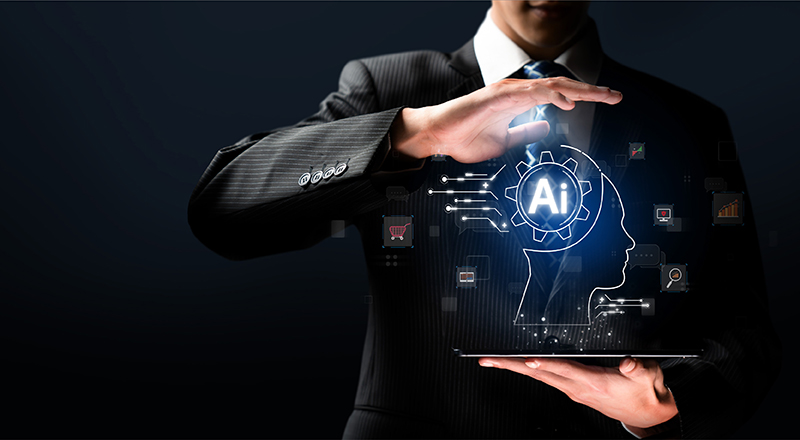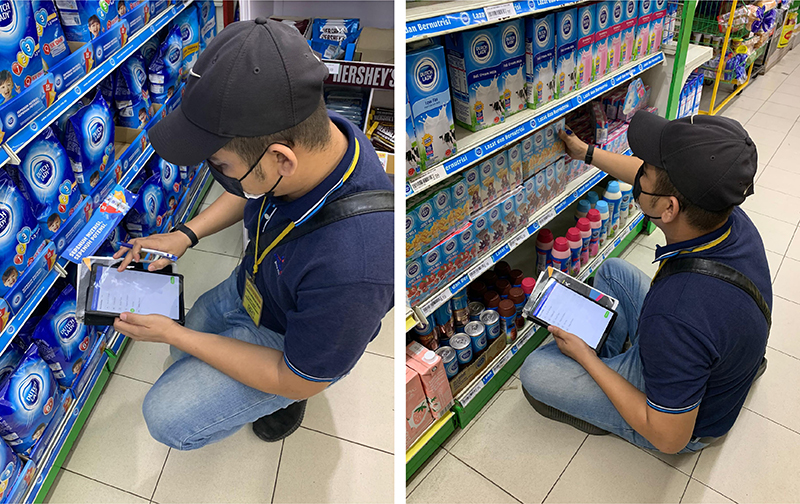Strategic IT: Beyond Operations to Market Mastery
Aligning it with business strategies, particularly in diverse markets such as Asia, is essential for crafting commercial plans that seamlessly integrate brand fundamentals, data, and technology, propelling market success.

Technology plays a pivotal role in engaging with customers proactively and providing them with tailored solutions and content.


IN the evolving landscape of global commerce, integrating technology with core business strategies is not just an advantage but a necessity. At the forefront of this integration is the strategic use of data and technology to refine market strategies and enhance customer engagement. This practice has become a cornerstone for modern businesses aiming to thrive in competitive environments.
One fundamental aspect of successful technology integration is its alignment with business operations from the outset. For businesses operating in diverse markets such as Asia, this involves embedding IT as a core element within the commercial planning processes. Such integration ensures that business challenges are addressed holistically, combining brand fundamentals with robust data and technological insights.
Mining Global Data Lake
A prime example of this approach is using a global data lake that amalgamates information across various domains, including commerce, supply chain, and finance. This setup enables business analysts and data scientists to access and analyse data seamlessly, facilitating the synthesis of consumer and market insights that pinpoint opportunities and inform strategic decisions.
In the B2B sphere, these capabilities allow Artificial Intelligence (AI) to predict market potential, integrating these insights directly into customer relationship management systems. This process refines go- to-market strategies and enhances customer engagement by enabling more tailored and proactive interactions.

Integrating AI and machine learning involves rethinking models and strategies to enhance market penetration and customer satisfaction.
For instance, in sectors like the HoReCa (hotel/ restaurant/catering industry that encompasses the whole food service segment) industry and early life nutrition, maintaining proximity – even when intermediaries like wholesalers are involved – is crucial.
Technology plays a pivotal role here by enabling solutions such as natural language processing chatbots, which engage customers proactively and provide them with tailored solutions and content.
Beyond customer interaction, technology also enhances commercial operations. The notion that initiatives should be tech-driven is a misconception; instead, they should commence with a clear identification of business challenges followed by a holistic solution encompassing people, processes, tools, and culture.
An example is the sales acceleration programme at FrieslandCampina, which involves a futureproof route-to-market platform impacting over 6,000 sales representatives across more than seven countries. This programme revolutionises commercial operations by providing real-time visibility and leveraging data to equip sales representatives effectively, thereby enhancing in-store sales performance.
Leveraging AI
Data analytics and AI are instrumental in refining marketing and sales strategies. Creating in-house algorithms to recommend optimal product placements in stores has led to noticeable sales uplifts. Further, image recognition technology ensures excellence in in-store execution, boosting the productivity of sales teams and accelerating marketing and sales processes.
Integrating AI and machine learning into go-to-market strategies extends beyond mere operational efficiency. It also involves rethinking models and strategies to enhance market penetration and customer satisfaction. For example, leveraging AI for predictive market potential assessments or enhancing in-store execution through image recognition technologies are ways businesses can stay ahead in the rapidly evolving marketplace.
This strategic embrace of technology, underpinned by a commitment to innovation and sustainability, sets apart businesses poised for success in today’s digital era. It is about adopting new technologies and transforming these tools into core business strategy and customer engagement components.
Ad de Goeij is the Global Director of IT Commerce at Royal FrieslandCampina and has extensive experience leading and transforming teams and technology to generate business value across different business models in B2C and B2B.
Nancy Tang is the IT Director for Asia Commercial Services. Her portfolio includes commercial technology products in General Trade Sales, Customer Engagement, and Digital Commerce, serving consumers and customers across Asia, MEPA, and Europe.



